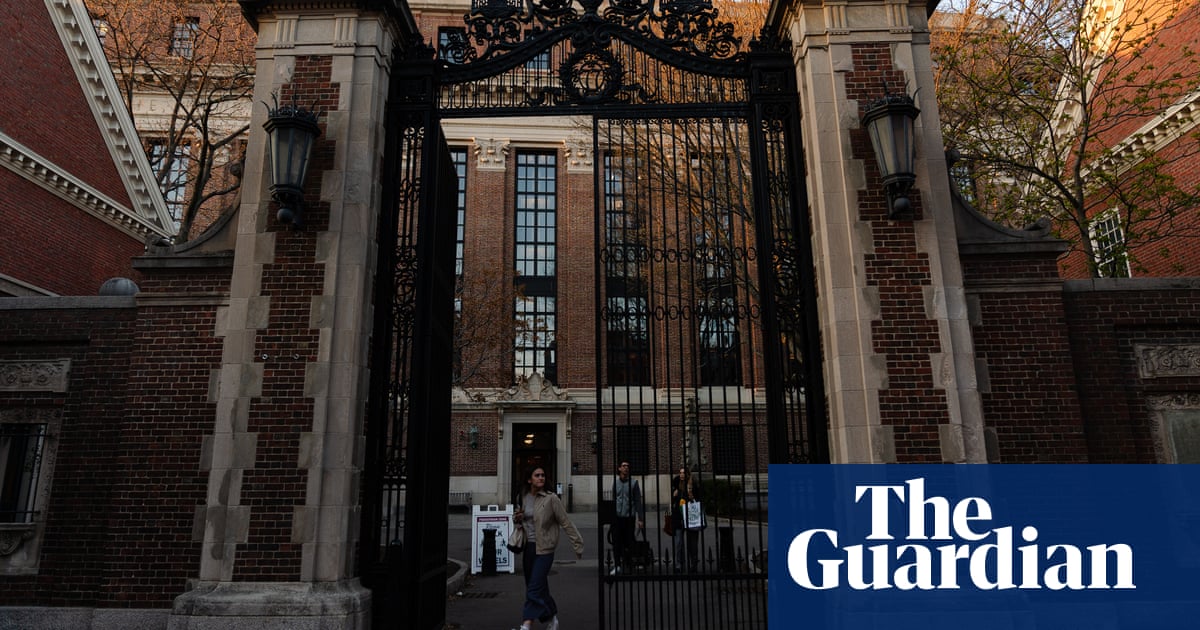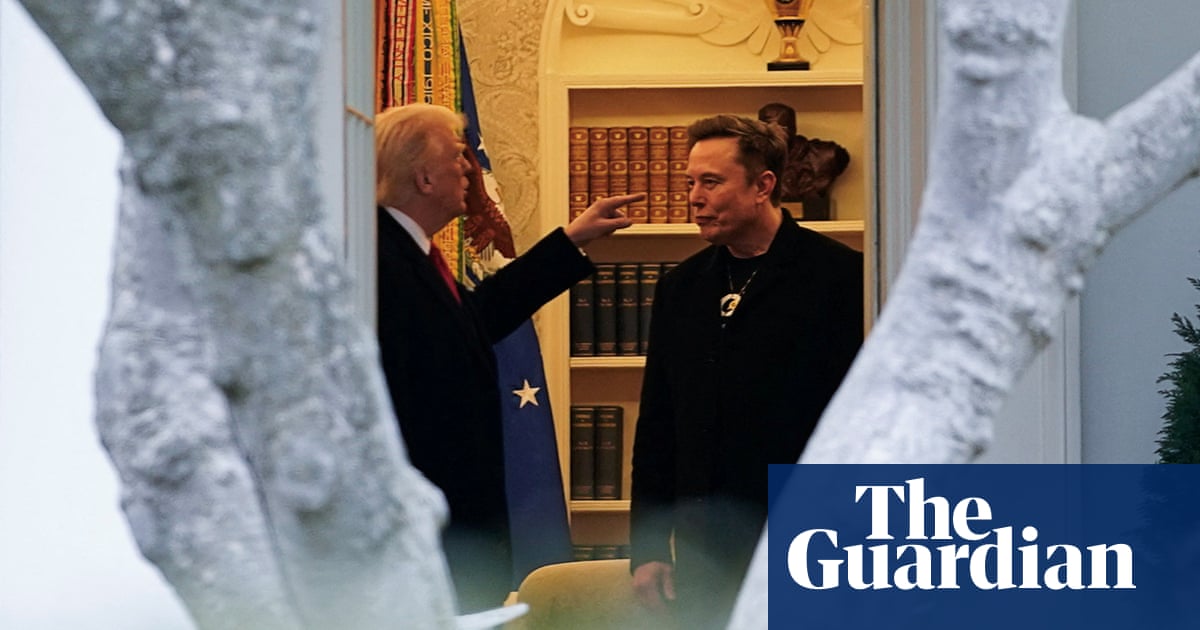Advocates for academic freedom are bracing for what they expect to be the next phase of the government’s effort to reshape higher education: an overhaul of the system accrediting institutions of higher learning.
Donald Trump has made no secret of such plans. During the campaign, he boasted that accreditation would be his “secret weapon” against colleges and universities the right has long viewed as too progressive.
“I will fire the radical left accreditors that have allowed our colleges to become dominated by Marxist maniacs and lunatics,” Trump said last summer. “We will then accept applications for new accreditors who will impose real standards on colleges once again and once for all.”
In recent weeks, the government has taken aggressive actions against US universities in the form of funding cuts, a ban on diversity initiatives, and the targeting of international students. Dismantling the accreditation system would be a powerful tool to further erode the separation between the government’s political ideology and what US students are taught.
While it’s unlikely that Trump can delist currently recognized accreditation agencies, which are controlled by a bipartisan body enshrined in federal law, there are several ways in which the administration could weaken their authority to enforce schools’ compliance with a series of standards. Project 2025 and efforts to curtail accreditors’ power in some conservative states offer a blueprint for what several education professionals who spoke to the Guardian, along with officials at the department of education, fear may be an impending executive action on the issue.
Targeting accreditation – the peer-review system guaranteeing quality assurance on learning institutions – is part the right’s broader strategy to undermine higher education as a whole, advocates warn. Because accreditation by a recognized agency is required for students to be eligible for federal financial aid, the government has massive financial sway over how the system works.
“The Trump administration unfortunately doesn’t care about quality assurance in higher education,” said Tariq Habash, a former education department official. “If colleges and universities do not align with this administration on diversity policies, on immigrants’ or trans rights, or on speech supporting Palestinian rights, Donald Trump wants them to suffer the consequences, by illegally cutting off access to federal funds.”
Getting rid of the guardrails
Accreditation has been in place for centuries, but the government tied it to federal funding in the aftermath of the GI bill of 1944, when countless veterans were essentially defrauded by sham schools. Since the 1960s, degree-granting institutions have been overseen by a so-called “triad” regulatory mechanism involving federal and state authorities and independent accrediting agencies. Today, there are dozens accreditors recognized by the Department of Education, including many specialised in technical subjects and six major regional accreditation agencies.
One way in which Trump may seek to undermine the current system – and one of several proposed by Project 2025 – would give states the authority to approve institutions for federal aid purposes, bypassing accreditors altogether. That’s a troubling prospect for the ability of universities to remain independent of political pressure.
“If a state wanted to force institutions to act in certain ways to achieve accreditation, this would be a huge cudgel that could be used to make really fine-level changes in colleges and universities across the state,” said Timothy Cain, a professor of higher education at the University of Georgia who has researched accreditation practices. “At the core of it, it’s a real problem for American democracy.”
Project 2025 also outlines how the government could prohibit accreditors from requiring universities to adopt diversity policies, from “intruding” upon the governance of state schools, and from enforcing standards that “undermine religious beliefs”. Such prohibitions would severely weaken accreditors’ authority to ensure quality and serve as guardrails for education institutions’ autonomy from government.
Trump is also expected to expand long-existing conservative attacks on the accreditation apparatus, which rightwing activists and legislators have often referred to as a “cartel”.
In 2023, Florida’s Republican governor Ron DeSantis argued in a lawsuit against the Biden administration that the government had “ceded unchecked power” to accrediting agencies. Florida and North Carolina have passed legislation seeking to weaken accreditation standards. And during Trump’s first term, then secretary of education Betsy DeVos, loosened accreditation regulation in the name of free-market competition, introducing policies that critics said would give schools an option to “shop” for more friendly accreditors.
Some Republican senators, including Marco Rubio before Trump appointed him secretary of state, also introduced legislation at the federal level seeking to prevent accreditors from requiring universities to adopt what Rubio called “woke standards”.
“The endgame is always about controlling the curriculum, and controlling what takes place within the classroom,” said Isaac Kamola, a political science professor at Trinity College, whose research focuses on conservative efforts to undermine higher education. “In order to remake the institution, you need to get rid of the guardrails that would prevent you from exerting that much external interference.”
But there is an additional risk in Trump’s suggestion that he would pave the way for “new accreditors” more aligned with the administration, Kamola noted.
“You’re going to see a bunch of fly-by-night, grifty, Trump-University style colleges that are going to appear,” he said.
“And without accreditation, and federal funding being tied to accreditation, you’re going to see a massive exodus of federal funds into the hands of a higher education mass grift economy. Student loan money will be spent in institutions that under the current regime would never be accredited.”

 German (DE)
German (DE)  English (US)
English (US)  Spanish (ES)
Spanish (ES)  French (FR)
French (FR)  Hindi (IN)
Hindi (IN)  Italian (IT)
Italian (IT)  Russian (RU)
Russian (RU)  1 week ago
1 week ago
























Comments